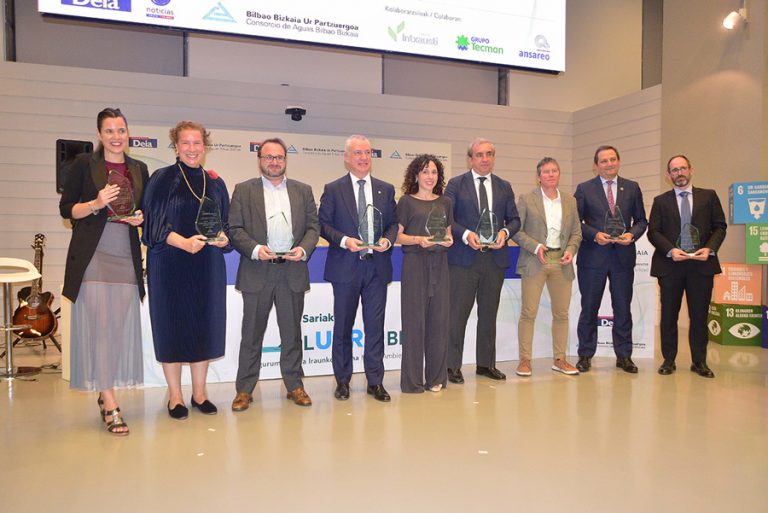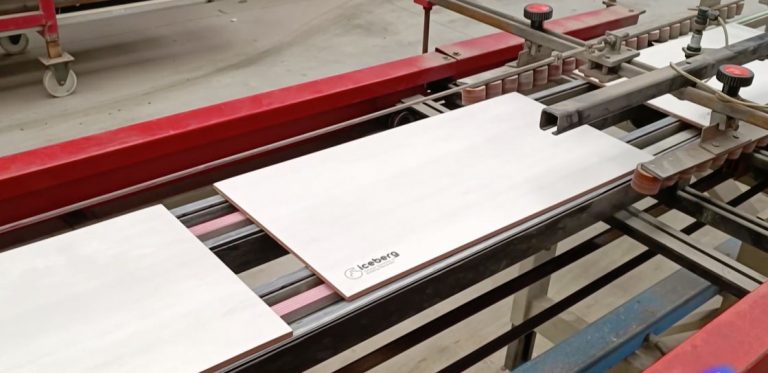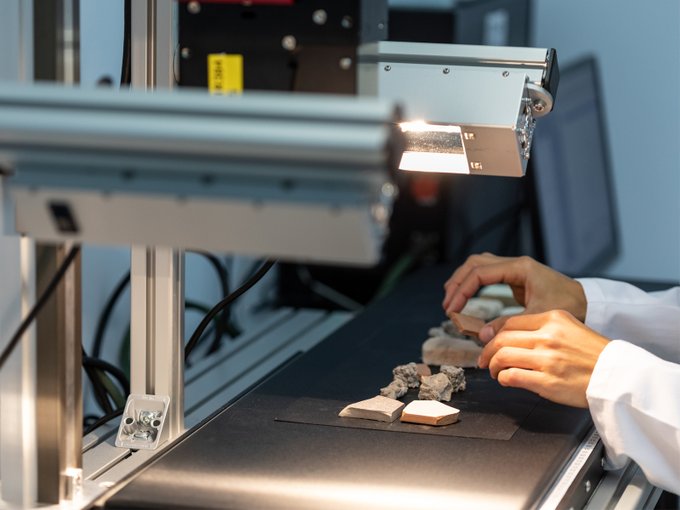
RAMPF Eco Solutions has been tasked to develop chemical solutions for the recycling of building materials in the EU backed project ICEBERG. Using solvolysis, the company based in Pirmasens, Germany, is producing high-quality alternative polyols from post-consumer PU/PIR waste such as polymeric insulating foams.
350 million tons of construction, renovation, and demolition waste are generated every year in the EU. As part of a continuous effort towards a sustainable economy, the ICEBERG project is developing circular economy solutions for building materials. Using reverse logistics tools and technologies for recovering valuable feedstock, the quality and thus acceptability of recycled materials from building and demolition waste is to be improved.
Leading public and private organizations from ten EU countries are taking part in the four-year project, which has a budget of 15.7 million euros. ICEBERG encompasses six case studies that will be validated on an industrial scale, covering the circularity of concrete, ceramics, wood, plaster, insulating foams, and super-insulating materials.
For the ICEBERG project, the company has been assigned to use its solvolysis technology for extracting recycling polyols from polymeric insulating foams.
RAMPF Eco Solutions has been developing chemical solutions and multi-functional plants for the manufacture of high-quality alternative polyols from polyurethane (PU) and PET waste materials for almost three decades. For the ICEBERG project, the company has been assigned to use its solvolysis technology for extracting recycling polyols from polymeric insulating foams.
Marco Werth, Director of Sales & Marketing at RAMPF Eco Solutions – “We operate two of the largest multi-functional PU and PET/PSA recycling plants in Europe. The polyols manufactured via solvolysis are of the highest quality and tailor-made for the production of insulation materials, adhesives, and flexible foams, amongst others. They therefore play an integral part in establishing a truly circular economy in the construction and demolition sector.”
Previously, RAMPF Eco Solutions was part of the EU backed project URBANREC that was dedicated to improving the logistics and treatment of bulky waste. Here, the company developed chemical processes for obtaining high-value recycled polyols from plastic waste such as mattresses and upholstery. URBANREC was successfully completed in 2019.
RAMPF Eco Solutions GmbH & Co. KG based in Pirmasens, Germany, is an expert in chemical solutions for manufacturing high-quality alternative polyols. Core competence is the manufacture of alternative polyols from waste materials of PU producers. Waste materials from sister companies RAMPF Polymer Solutions and RAMPF Tooling Solutions are also processed.
Furthermore, the company has developed chemical processes that enables PET/PSA, other polyesters (PLA, PC, PHB), and renewable or bio-based raw materials such as vegetable oils to be used as sources of raw materials for the manufacture of alternative polyols. RAMPF Eco Solutions designs and builds customized multi-functional plants for customers who wish to manufacture alternative polyols based on PU residues, PET/PSA, polyesters, and biomonomers. RAMPF Eco Solutions is a company of the international RAMPF Group based in Grafenberg, Germany.





